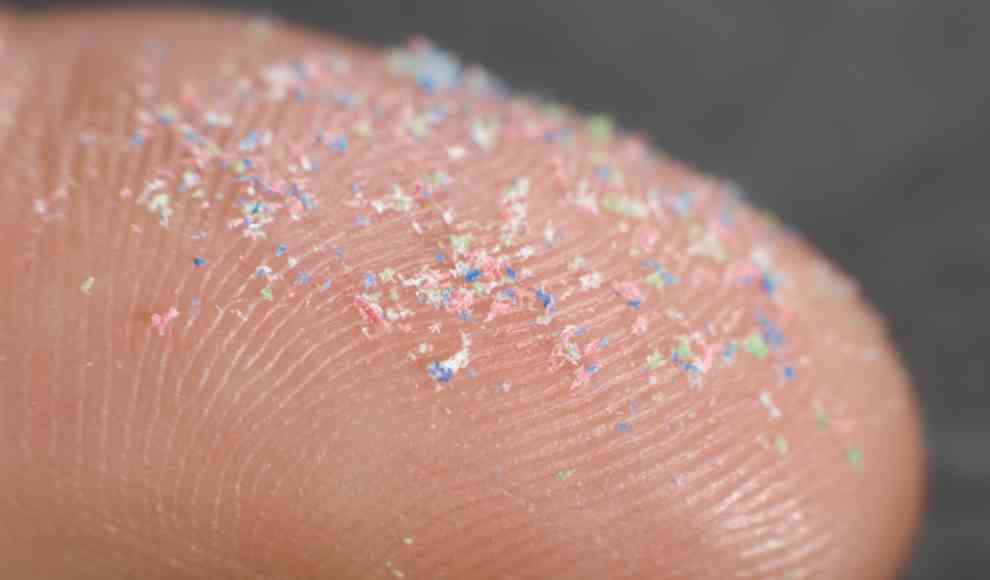For the first time, scientists have detected microplastics in human blood, highlighting the severity of the plastic waste problem and the urgent need for action to reduce the amount of plastic entering the environment. Every year, around 400 million tonnes of plastic are produced worldwide, with a significant amount eventually ending up in the environment and breaking down into particles smaller than five millimetres. Previous studies have shown that humans and animals ingest these microplastic fragments through food or inhalation. Now, researchers in the Netherlands have found microplastics in human blood.
The study, published in the journal Environment International, analysed blood samples from 22 participants and found microplastics in 17 of them. The microplastics detected included Polymethylmethacrylate (PMMA), Polypropylene (PP), Polystyrene (PS), Polyethylene (PE) and Polyethylene terephthalate (PET). Notably, around half of the blood samples contained PET, a solid plastic commonly used as packaging material for food and drinks. The study’s results are concerning, as microplastics can travel through the bloodstream and potentially accumulate in organs. The effects of microplastics in the body and whether they release harmful chemicals are still not fully understood.
Professor Vethaak, who led the study, has called for further research to expand the sample size and investigate the effects of different types of polymers. It is crucial to determine whether the plastic particles detected in human blood remain there and whether they can cause diseases. The study’s findings underscore the need for urgent action to reduce plastic waste and prevent it from entering the environment.
In conclusion, the discovery of microplastics in human blood is a significant development that highlights the severity of the plastic waste problem. The study’s results call for further research to understand the potential health effects of microplastics in the body and the need for urgent action to reduce plastic waste.










